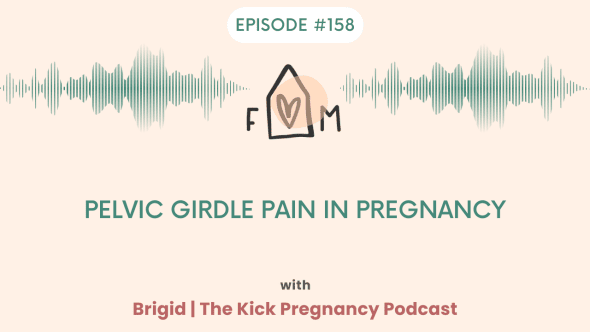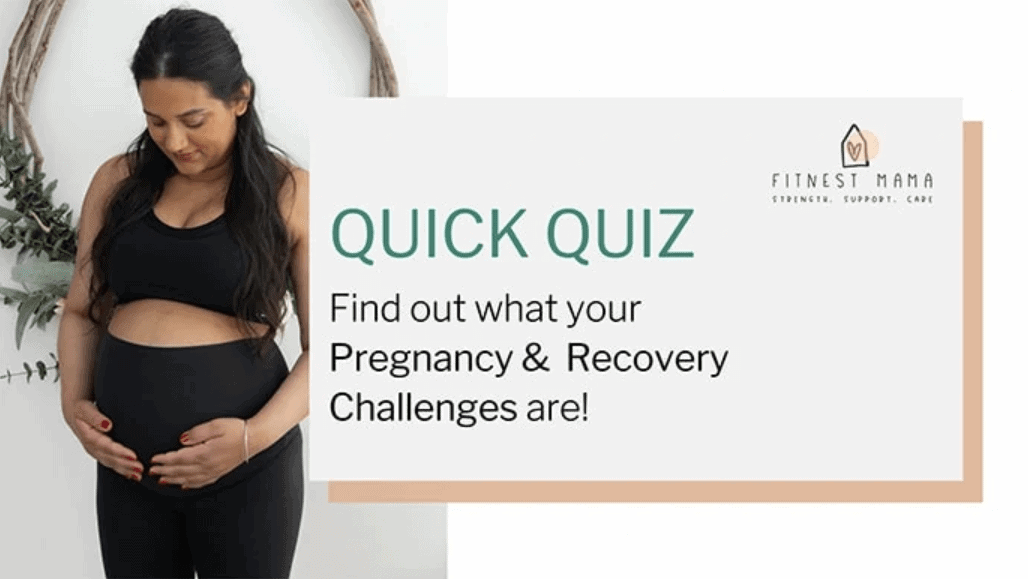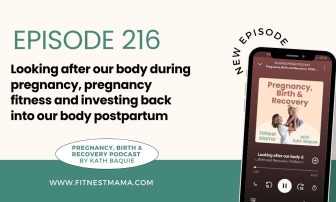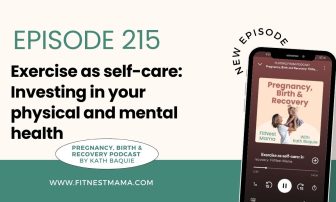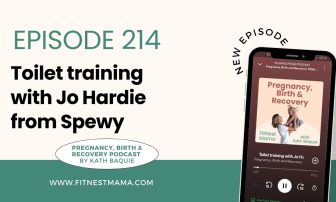In this episode I chat to Brigid from The Kick Pregnancy Podcast about pelvic girdle pain in pregnancy.
It was a listener question, and unfortunately it is really common during pregnancy.
In this episode we talk about the different reasons why some women develop pelvic girdle pain, the common risk factors and different ways to help ease the pain and discomfort associated with it.
We discuss:
- importance of taking care of our bodies during pregnancy
- how to treat and manage pelvic girdle / back pain
- what to do after you’ve had your baby.
So, if you’re achey or sore, this podcast episode is for you.
In a recent episode of the “Kick Pregnancy Podcast,” Bridget and Dr. Pat delved into the topic of pelvic girdle pain during pregnancy. With the aim of providing support and relief to pregnant individuals experiencing discomfort, the hosts shed light on this common issue that affects many expecting mothers. As the conversation unfolded, they shared valuable insights, preventive measures, and effective management techniques for addressing pelvic girdle pain both during and after pregnancy. In this blog post, we will summarize the key points discussed in the podcast, offering valuable information for pregnant women and new mothers seeking to navigate this aspect of their journey.
Understanding Pelvic Girdle Pain
- Pelvic girdle pain and back pain are common occurrences during pregnancy.
- The term “symphysis pubis dysfunction” refers to pelvic girdle pain or instability resulting from hormonal changes and postural shifts in pregnancy.
- Pelvic girdle pain can manifest in various ways, ranging from mild discomfort to sharp shooting pain, affecting different areas of the pelvis and lower back.
- Factors such as hormonal changes, postural adjustments, and baby positioning may predispose pregnant women to pelvic girdle pain.
- Certain professions that involve prolonged standing or lifting, such as teaching or childcare, can increase the risk of developing pelvic girdle pain.
- Approximately 2 in 5 pregnant women experience pelvic girdle pain, with the condition often diagnosed in the second trimester.
Managing Pelvic Girdle Pain during Pregnancy
Early preventive measures include avoiding heavy lifting, reducing walking if it causes discomfort, and incorporating periods of rest throughout the day.
- Applying ice to the painful areas can help reduce inflammation and alleviate symptoms; try icing for 20 minutes every few hours while lying down to remove gravitational forces.
- Engaging in water-based exercises like walking in water or pregnancy-friendly Pilates options can provide effective long-term management.
Pelvic Girdle Pain Management during Labor
Labor positions such as using a birthing ball, kneeling, and lying on the back or side can help manage pelvic girdle pain effectively.
- Consider using a TENS machine during labor for pain relief.
Postnatal Care and Recovery
After giving birth, most women find that pelvic girdle pain resolves on its own; however, for those with lingering pain, seeking postnatal rehab can be beneficial.
- Postnatal rehab can also help reduce the risk of pelvic girdle pain in subsequent pregnancies.
- Ideally, every woman should have access to a pelvic floor assessment or postnatal check at the six-week mark to address any issues related to pelvic girdle pain.
- Online postnatal rehab programs are available, offering pregnancy-friendly workouts, childbirth information, and postnatal exercises, helping women with step-by-step management and preparation for recovery and return to activities like running.
Embracing Postnatal Rehab
Postnatal rehab is essential for all women after giving birth, regardless of whether they experienced pelvic girdle pain during pregnancy.
- The rehab should begin with foundational exercises, pelvic floor and core workouts, gradually progressing to more intense activities like running, jumping, and sports.
- Society should honor the postnatal recovery period, allowing women the time to rest and focus on rehab without rushing back to pre-pregnancy activities.
- Postnatal rehab can also help address issues like incontinence and pelvic organ prolapse, providing preventive measures and effective management strategies.
- Seeking help from a women’s health physiotherapist or joining an online postnatal rehab program can be beneficial for managing and recovering from pelvic girdle pain after childbirth.
Understanding, managing, and recovering from pelvic girdle pain is crucial for pregnant women and new mothers. With the right information and support, this common discomfort can be effectively addressed, empowering women to embrace their postnatal journey and lead healthier, more active lives. Whether it’s during pregnancy or post-birth, seeking professional guidance and engaging in appropriate exercises can make a world of difference in alleviating pelvic girdle pain and enhancing overall well-being.
Episode Links
Preparing for birth Pelvic health checklist
Free 7 Day Trial Pregnancy Workouts
Free 7 Day Trial Postnatal Workouts
Instagram @fitnestmama
DISCLAIMER:
All information is general in nature and doesn’t substitute individualised assessment, treatment and diagnosis. If you have any questions or concerns please consult your healthcare provider.
